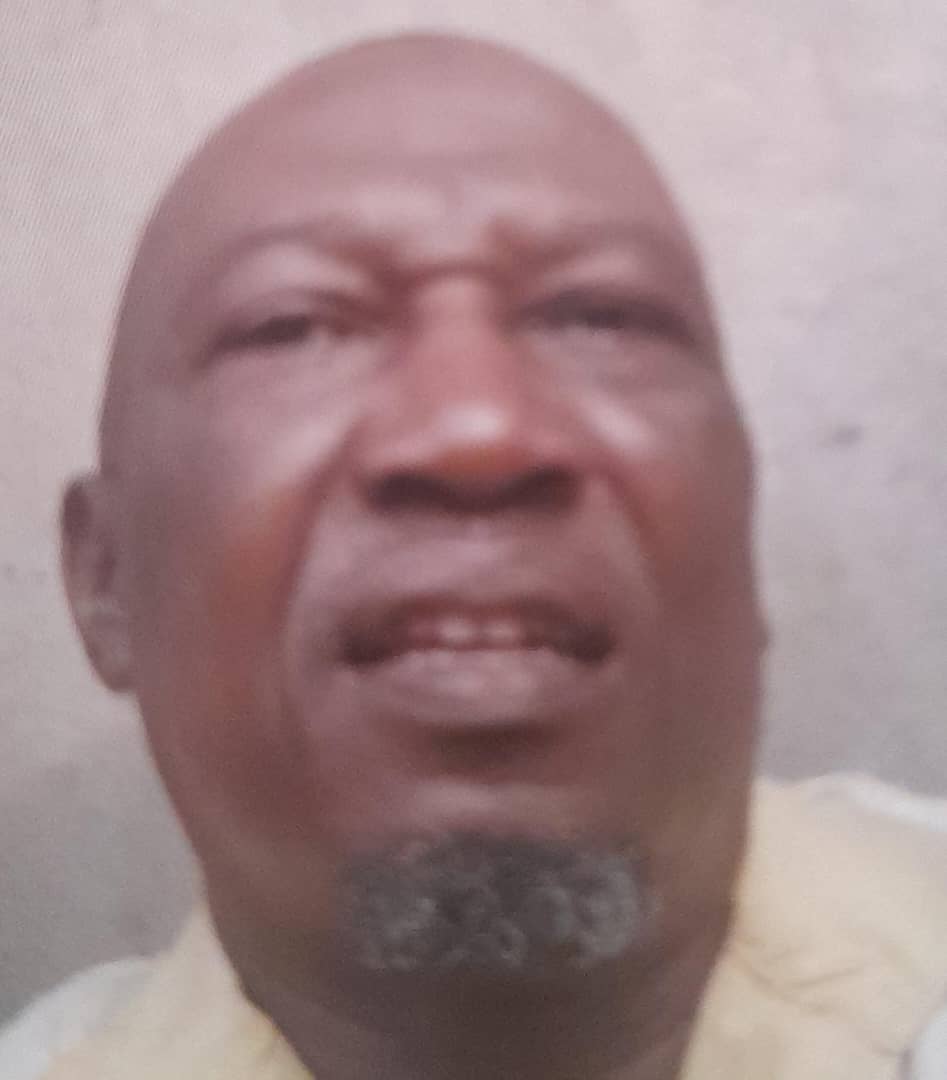
New Evidence Links Ugandan Police and Village Leader to 2010 Kampala Bombings
Developing Story: New Evidence Links Ugandan Police and Village Leader to 2010 Kampala Bombings
KAMPALA, Uganda — July 21, 2025 — The investigation into the 2010 Kampala bombings, which killed nearly 100 people at Kyadondo Rugby Grounds and the Ethiopian Village restaurant, has taken a dramatic turn with new evidence implicating a senior Ugandan police officer and Ibrahim Mulumba, a village leader with deep criminal ties.
New Evidence Uncovered
Ibrahim Mulumba, the chairman of the Muslim community in Kikajjo and a self-proclaimed village chairman in Katale Busawula, is now a key figure in the probe. A firearm linked to the 2010 attacks was discovered hidden in Mulumba’s compound, raising suspicions of his logistical role in the bombings. According to a female neighbor, who preferred anonymity for safety, when the gun was found, Mulumba manipulated local security to transfer the case to Nsangi, where he allegedly had connections with authorities, effectively stalling further scrutiny.
Mulumba’s ties to local criminal gangs, including those behind recent robberies of mobile money dealers in Kasenge near Kikajjo, further complicate his profile. Security forces have been searching for Mulumba, who frequently hides in Kayunga to evade capture. Financial records reveal suspicious transactions totaling over 50 million Ugandan shillings (approximately $15,000 USD in 2010) in the months before the bombings, allegedly funneled through intermediaries linked to extremist groups. Locals in Katale Busawula also reported Mulumba meeting unidentified armed men in early 2010.
Whistleblower’s Shocking Claims
A Ugandan businessman, known as Thomas Mugalu (a pseudonym), alleges he was approached in June 2010 by Ahmed Issa Luyima, a bombing suspect, to supply unregistered SIM cards and burner phones. Mugalu connected Luyima with a supplier, Godfrey, who later warned that Luyima planned to use the phones for bomb attacks. Mugalu reported this to a government security officer, Ismael, who escalated it to the Rapid Response Unit (RRU) in Kireka, where he met senior police officer Nixon Karuhanga Agasiirwe.
Instead of acting, Nixon allegedly silenced Mugalu, threatening his life and instructing him to supply the phones while claiming he would “handle the rest.” Weeks later, the bombings occurred, and Nixon led the arrests, including Luyima’s, earning public praise. “I tried to do the right thing,” Mugalu said in a secure interview. “But they used my information to cover up their involvement. I live in fear every day.”
Allegations of a Cover-Up
Legal experts suggest Nixon’s failure to act on Mugalu’s tip could warrant charges of negligence or complicity. Yet, Nixon faced no investigation and was later promoted. Sources claim he may have allowed the plot to proceed to protect influential figures or advance his career. The 2015 assassination of state prosecutor Joan Kagezi, who was compiling evidence against Nixon and other officials, remains unsolved, fueling speculation she was killed to suppress the truth.
Ongoing Investigation
Authorities are intensifying their search for Mulumba, who remains at large. A recent raid on his Katale Busawula compound uncovered maps of Kampala and communication devices now under forensic analysis. Calls for a renewed probe into Nixon’s role are growing, with human rights groups demanding justice for the 2010 victims and Kagezi’s murder.
As this complex web of corruption and conspiracy unravels, questions linger about accountability within Uganda’s security apparatus. Stay tuned for updates as investigators pursue the truth behind one of Uganda’s darkest tragedies.
